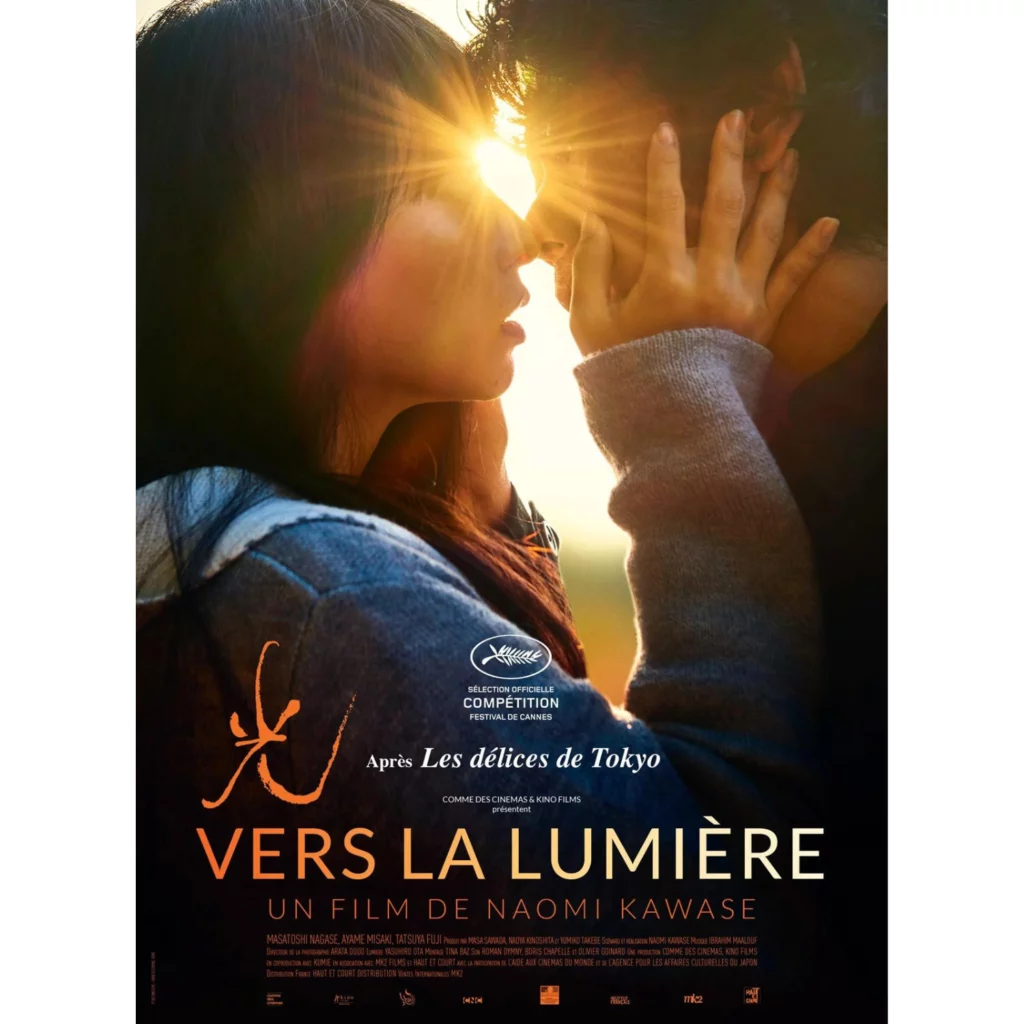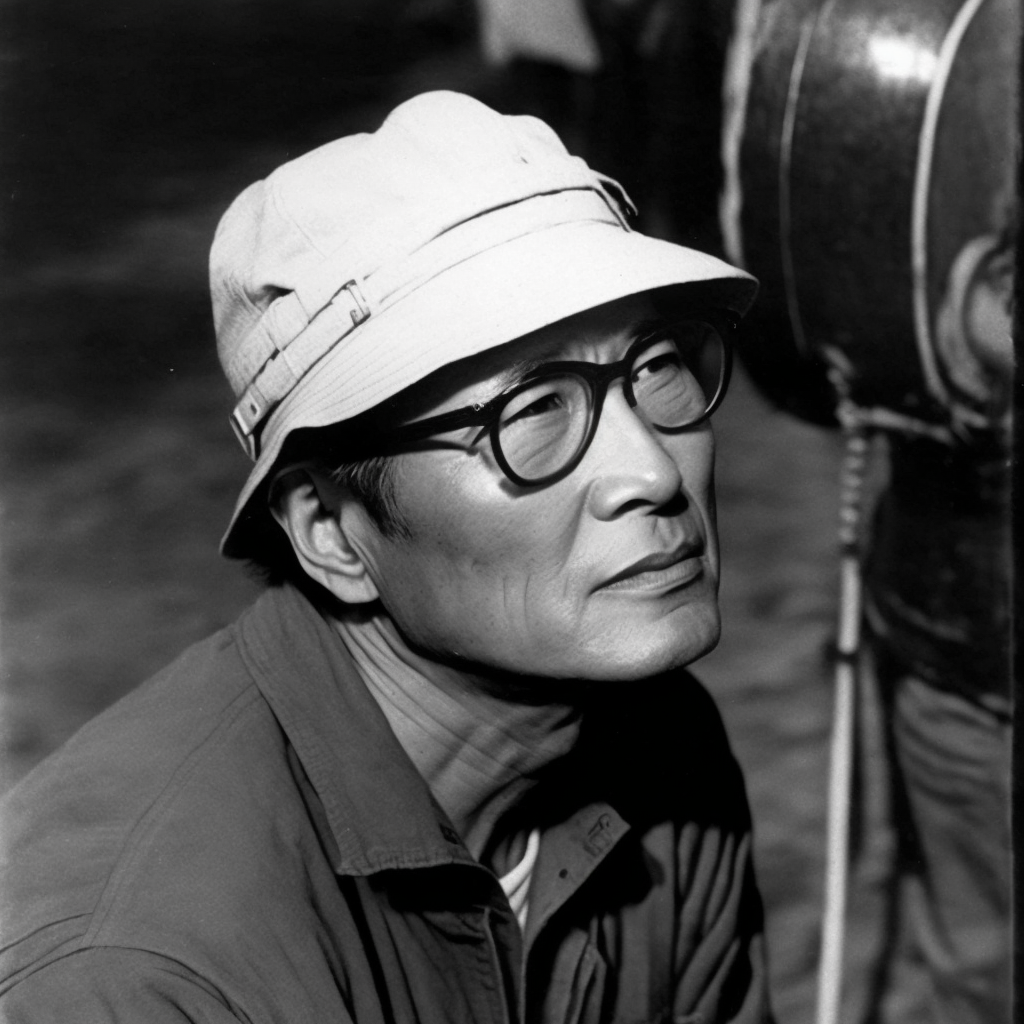“Radiance” is a poignant film by Japanese director Kawase Naomi, released in 2017. It is part of a rich and varied body of work. It explores themes such as loneliness, loss and the search for self. The film was well received by critics. This has reinforced Kawase’s reputation as one of the most original voices in contemporary cinema.
Synopsis
The film follows the story of Mizuki. A photographer who, after the death of her mentor, finds herself confronted with her own loneliness and uncertainties. She sets out to find new inspiration in the landscapes of Japan. All the while struggling with her memories and her grief. During her journey, Mizuki meets different people who help her rediscover the beauty of life and art. These people encourage her to reconnect with her emotions.
Main Themes
1. Light and Darkness:
The title “Radiance” evokes this duality. Kawase uses light as a symbol of hope and rebirth. The film highlights the search for light in times of darkness. Both emotionally and spiritually. Mizuki, as a photographer, symbolizes this search for light through his art.
2. Memory and Grief:
The loss of her mentor weighs heavily on Mizuki. Kawase explores how grief shapes our identity and perception of the world. Mizuki’s memories are often evoked through flashbacks, creating a contrast between the past and the present. This struggle with memory is central to Mizuki’s journey as she tries to find meaning in her life after this loss.
3. Nature and Human Connection:
The film also highlights the beauty of nature. This plays a vital role in Mizuki’s healing. The director filmed my Japanese landscapes with particular sensitivity, emphasizing how nature can serve as a refuge and inspiration. In addition, the encounters with other characters serve to highlight the importance of human connections in the healing process.
Visual Style and Direction
Kawase Naomi is known for her poetic visual approach. In “Radiance,” she uses careful framing and long takes to create a contemplative atmosphere. The photography, often infused with natural light, reinforces the emotional aspect of the story. The music, subtle and melodious, accompanies the images, adding an extra dimension to the visual experience.
Reception and Impact
“Radiance” received acclaim when it premiered at the Cannes Film Festival. It was praised for its sensitivity and emotional depth. Critics praised the protagonist’s performance as well as the film’s art direction. The richness of the themes explored and the way they resonate with the universal human experience have made this film a must-see in contemporary Japanese cinema.
Conclusion
Kawase Naomi’s “Radiance” is more than just a film. It is a delicate and profound exploration of the human soul. Through Mizuki’s story, Kawase invites us to reflect on our own struggles with memory, grief, and the search for light in our lives. This film, with its visual beauty and emotional depth, remains etched in our memories. And it is a testament to the immense talent of its director.





